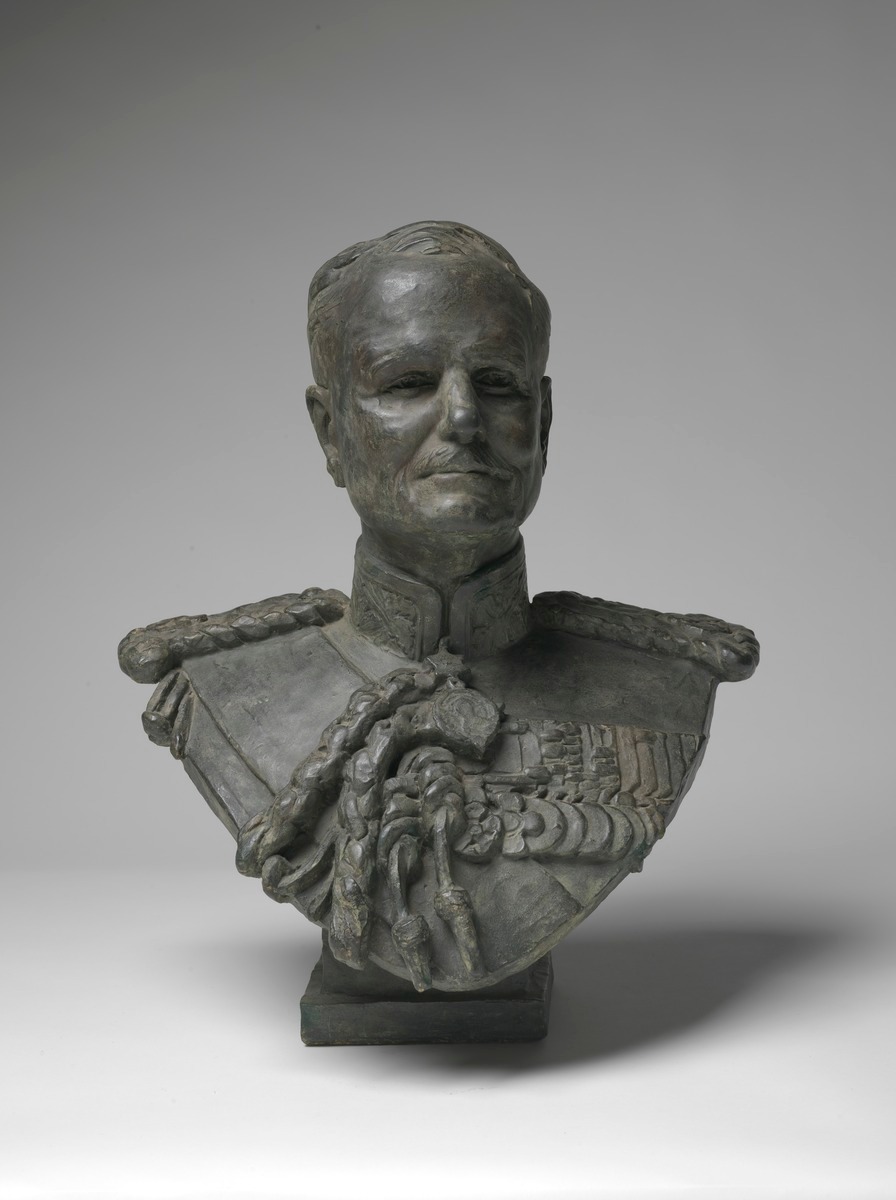Just now we pause to mark the centenary of ANZAC, the day when, together with British, other imperial and allied forces, the Australian and New Zealand Army Corps landed at Gallipoli at the start of the ill-starred Dardanelles campaign.
There is a durable strand in the history of nations along which fateful landings have always been plotted: all the way from the Achaeans at Troy to Neil Armstrong on the moon—and, in between, William the Conqueror at Hastings; Christopher Columbus in the New World; George Washington on the far bank of the Delaware River, prior to the Battle of Trenton; Cook and Banks at Botany Bay; Commodore Perry at Nagasaki; Sir Henry Pottinger at Hong Kong; Commodore Dewey at Manila; Shackleton on Mount Erebus; Louis Blériot at Dover; Operation Overlord and D-Day on the beaches of Normandy.
We are inclined to see all such events, especially the naval and military ones, as dividing new political realities from old. Their significance only increases with the passage of time; and many have inspired memorable works of art. As the eyewitnesses dwindle, mostly but not always old veterans, a sequence of amphibious operations far from home gradually assumes the pungent character of myth, and the far larger dimensions of a national coming of age.
On Anzac Day we now remember Australians who served and died in all wars, conflicts, and peacekeeping operations; the 8,700 Australian and New Zealand casualties at Gallipoli have come to symbolize all. In 1934, Mustafa Kemal Atatürk composed a remarkable tribute to his former enemies—the quintessence of generosity of spirit and reconciliation. It is inscribed in stone at Gallipoli:
Those heroes that shed their blood
And lost their lives.
You are now lying in the soil of a friendly country.
Therefore, rest in peace.
There is no difference between the Johnnies
And the Mehmets to us where they lie side by side
Here in this country of ours,
You, the mothers,
Who sent their sons from far away countries
Wipe away your tears,
Your sons are now lying in our bosom
And are in peace
After having lost their lives on this land they have
Become our sons as well.















